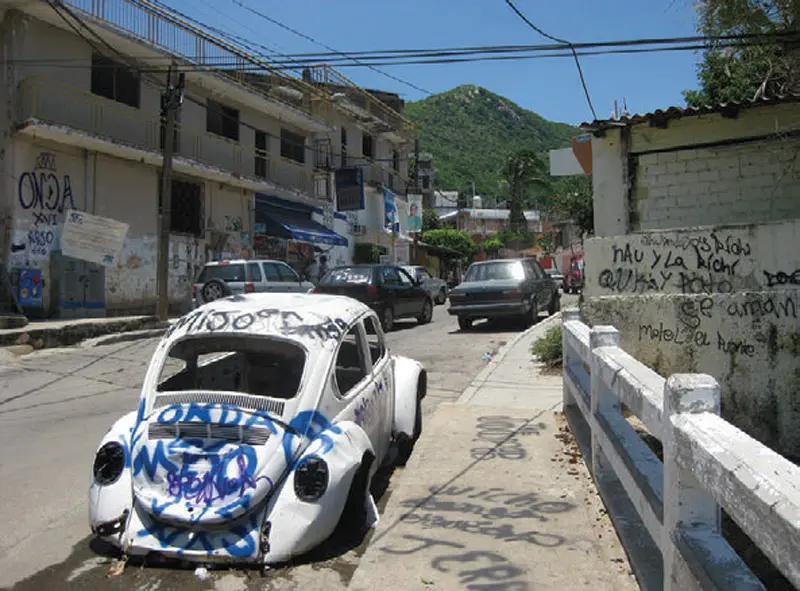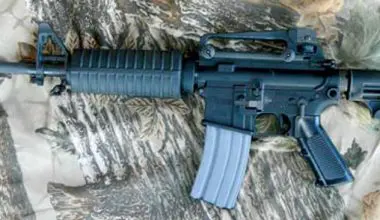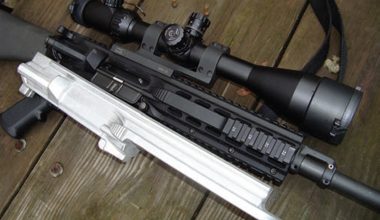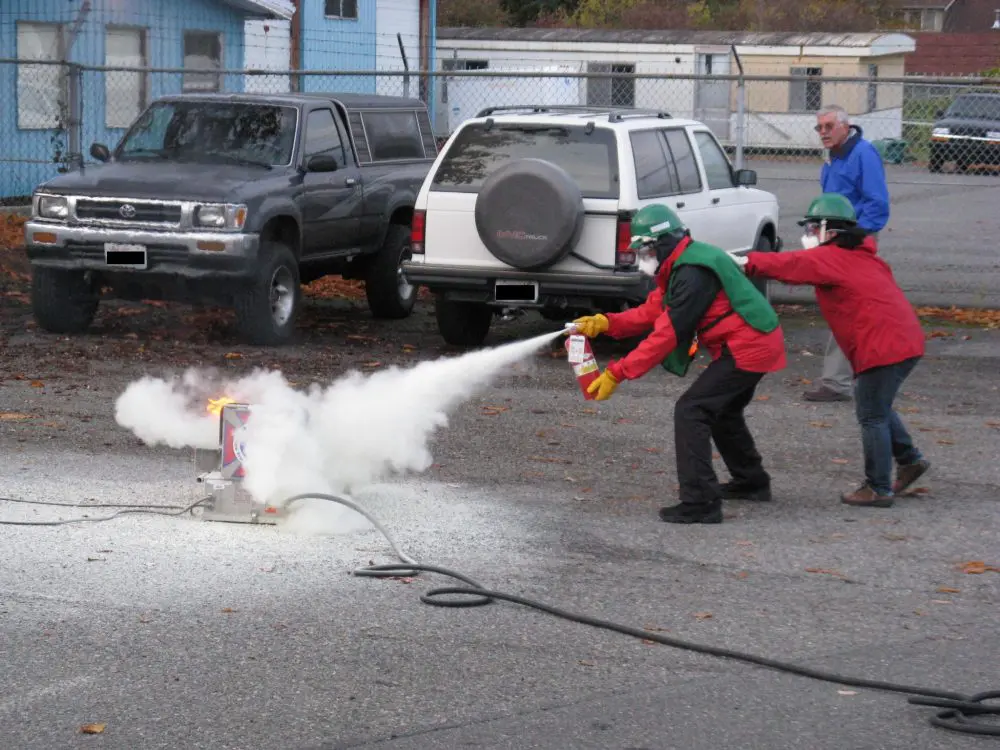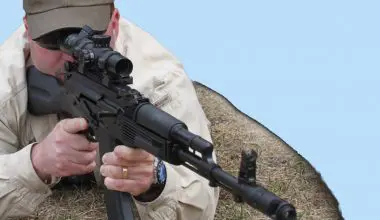IF I had to describe my past eight years in a simple phrase, it would be “adventure travel.” I’m always searching for the next adventure expedition, volcano to climb, wilderness to explore, or chasing the good light in order to get that perfect picture.
This means traveling via airplanes, trains, tuk-tuks, boats, buses, large ships, bush planes, and even the occasional elephant. Most of this is international travel. With every trip comes a set of goals and with them, some degree of danger, both during the trip and while traveling to the start point. These dangers often come in the form of people, transportation, weather, political unrest, and cultural differences.
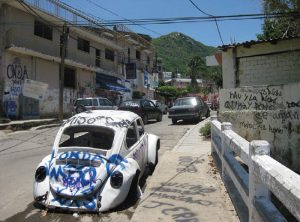
Table of Contents
MONEY AND PASSPORT SECURITY
Researching the area, carrying some local currency, and speaking the local language are very good ways to improve your travel ability. Proper ways to stash money and documents, some preparedness and emergency items, and proper clothing will help make the best of any trip.
Spotting the dangers in our home city is easy. We know where the bad part of town is. We may have alternate routes we travel to avoid it. But once we travel to a foreign country, it isn’t as easy to spot what is the norm and what is a potential danger zone for outsiders.
Let’s take a common vacation where we want to see the sights. We don’t want to broadcast that we are tourists with money or expensive gear and we don’t have any idea where anything is located. This puts us at a huge disadvantage and paints a target on us.
On a short train ride from Athens, Greece, I was traveling with a few colleagues and we were all standing on the train facing each other and talking. When we arrived in Piraeus, one of the guys discovered his wallet had been pick pocketed. It was in his back pocket, where many guys carry it. Since then, I’ve always carried my wallet in a cargo pocket situated more toward the front of my body and where others can see it, especially if we are having a conversation.
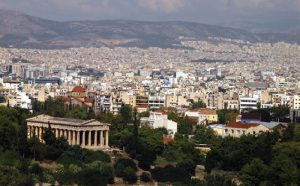
If I put the wallet in my back pocket, I attach it to my belt loop with a thin metal chain. Crowded buses, trains and ferries are known as places thieves prey upon tourists, so be aware of this wherever you find yourself.
Passport safety should be a high priority. In 2012, I was on a jungle expedition trip where one of the members lost his passport on the street while riding on a rickshaw buggy. This delayed the group and was costly both in money and time. A neck-carry wallet or secure cargo pocket would have prevented this altogether.
I have often been asked about what to do with your passport when abroad. Some hotels and experienced travelers will say to leave it in the hotel safe; don’t carry it on you when walking around town or you might lose it. I have to disagree, because your passport is so valuable. It is your international identification and getting home without it is very difficult.
In Venezuela, I was asked to show my passport to law enforcement and military about 20 times during a threeweek trip. In Russia, I couldn’t even check into a hostel without showing a passport.
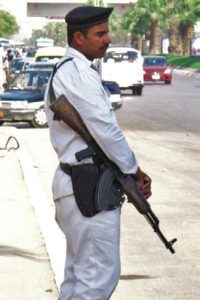
Some people are afraid of losing their passport to a mugger or pick pocket, but this is not as common as a maid, bellboy, or maintenance person lifting it from your hotel room. Besides, most hotels I stay at don’t have a safe. Always carry your passport securely!
COMMUNICATING WITH LOCALS
I still remember that, after completing the Jungle Survival program with Randall’s Adventure & Training in 2007, Jeff Randall told all of us students, sitting around a table in Tamshiyacu, Peru, that the most important skill in most “survival” situations is your ability to communicate.
This has stuck with me over the years, and communication is a skill I have been honing ever since. It is amazing how many times a simple wave and a smile have disarmed the local young men in a village as I strayed too far away from the main drag in a third-world country.
A little language goes a long way. There is no better way to blend in and win the locals’ respect than learning some of the native language. A handful of phrases shows you care about being there more than if you just ask, “Does anyone here speak English?”
A good way to stay out of trouble anywhere in the world is to avoid discussing religion and politics. Carry local currency, if possible. On my recent trip to Cuba, I arrived in the wee hours after all the currency exchange places had closed, and I needed to pay for a taxi and hotel. U.S. dollars are not accepted in Cuba.
Try to exchange money in the airport when you arrive in-country, but this is not always an option, and then you have to ask the worst phrase in travel, “Do you take American dollars?” This will definitely earn you some side eye and possibly some unfamiliar phrases that should not be taken as compliments.
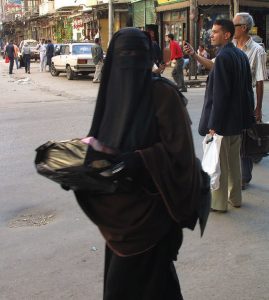
Carrying local currency helps you stay under the radar as a Western traveler, whom most countries see as “the rich” or even worse, a potential target for muggings or kidnappings.
Procuring a local guide may be the best way to go. Also listen to the advice of locals and law enforcement on safety in that specific area. On a trip to Mindanao in the southern Philippines, I was urged by locals to take some guides who would act as my protection from Abu Sayyaf, a group of Islamic radicals.
Kidnapping Americans and Europeans had become all too frequent in that part of the country.
It was the same in 2009, when I was in Guerrero, Mexico, known to this day for drug trafficking and kidnapping. A local guide was my best choice for getting up into the Sierra Madre del Sur mountains and exploring the jungle safely, since I spoke just enough Spanish to get into trouble!
NATURAL DISASTERS
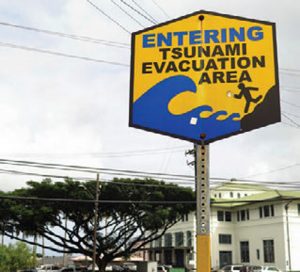
Be aware of the weather patterns and advisories for typhoons, earthquakes, and fires. Many areas that border the ocean will have signs for tsunami evacuation. Areas at higher elevations that are prone to excessive snow may have avalanche zones.
Besides the event, the worst aspect of the aftermath of a natural disaster is that there will be no water, limited water, or too much of it but none of it clean. I recommend traveling with Iodine or chlorine tablets for disinfecting water. Hotels and luxury liner cruise ships also have water in toilets or collection bins. This is considered gray water and needs to be disinfected.
A means of water purification, along with a flashlight, Swiss Army knife, and whistle will help you travel safely through most countries and most conditions, but don’t leave your common sense at home!
